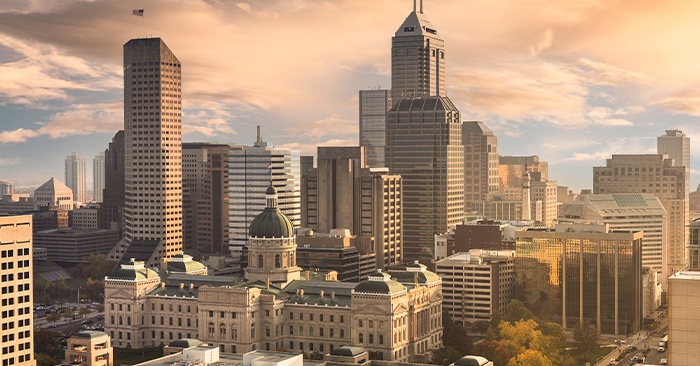IN AIP: An Insurance Option for High-Risk Drivers in Indiana
Car insurance is mandatory for drivers in Indiana, and for good reason: Insurance can pay for property damage after an accident, replace a stolen vehicle, and provide liability protection if someone is injured or killed in a collision. However, rates and policies vary significantly based on a variety of factors, and some drivers are considered high […]
Read more